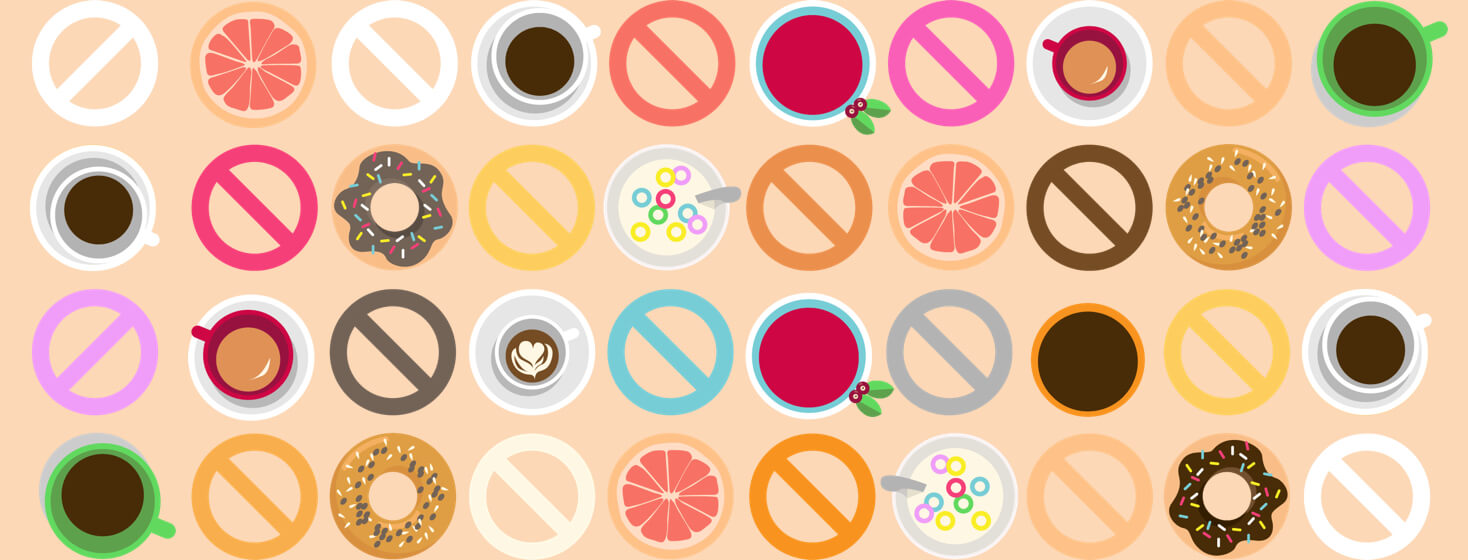Are There Any Foods People With Epilepsy Should Avoid?
Food brings people together. We eat with our loved ones to celebrate milestones or just to catch up. But if you live with seizures due to epilepsy, are there certain foods you should avoid?
Here is a look at the connection between epilepsy and food.
Are there foods that can trigger seizures?
Epilepsy varies from person to person. That means certain foods will trigger seizures in one person but not another. There is no evidence that specific foods will always set off a seizure.
The key is to find your own seizure triggers and avoid them. Here are some of the foods, drinks, and ingredients that some people with epilepsy say trigger their seizures:1,2
- Caffeine (coffee, tea, soda, and energy drinks)
- Chocolate
- Sugar
- Too much salt
- Spices
- Animal proteins
- Food coloring
- Food preservatives
- Monosodium glutamate (MSG)
- Artificial sweeteners
How does food interact with epilepsy medicine?
Certain foods can raise your chances of side effects from your epilepsy medicine. Grapefruit juice and pomegranate juice may affect how the epilepsy drugs midazolam, carbamazepine, and diazepam work in the body.1
What is the impact of blood sugar on epilepsy?
Blood glucose levels that are too low or too high can trigger seizures. People living with diabetes are especially vulnerable to seizures. When you have diabetes, your blood glucose levels can rise or fall at any time due to an imbalance in insulin levels.3
Which food groups should I eat?
Try not to avoid specific foods, drinks, and ingredients unless they are a trigger for you. Instead, experts usually advise people with epilepsy to stick to eating a balanced diet with different foods.1
A healthy diet makes it possible for your body and brain to function properly. Plus, it keeps your energy levels steady, lowering your risk of seizures if you have epilepsy. Foods to eat include:1
- Fruits and vegetables. Fruits and vegetables are a major source of minerals and vitamins. Make it a goal to eat 5 servings a day.
- Fats. The fats found in oily fish, seeds, and nuts:
- Maintain cell health
- Give you energy
- Help your body absorb vitamins and other key nutrients
- Proteins. Proteins are the building blocks of your immune system, muscles, hormones, and enzymes. Foods rich in protein include:
- Eggs
- Fish
- Milk and dairy products
- Meat
- Tofu and beans
- Carbohydrates. Foods with carbohydrates (or "carbs") supply the body with energy. They include potatoes, bread, pasta, and rice. Whole-grain carbs give you an extra boost of minerals, vitamins, and fiber.
Should I follow a keto diet?
Doctors sometimes advise people with epilepsy to eat a ketogenic (keto) diet. The keto diet is high in fat and low in carbs. It is usually made up of:4
- 70 percent to 80 percent fats
- 20 percent protein
- 5 percent to 10 percent carb
The keto diet is mainly suggested for children with epilepsy whose condition is uncontrolled with medicine. It is not clear how the diet works, but many people do have fewer seizures when they eat this way. Researchers think the keto diet changes activity in the brain to lessen attacks.4
This type of diet is restrictive, so it's not typically recommended for adults long-term. Be sure to talk to your doctor before starting the keto diet.4

Join the conversation